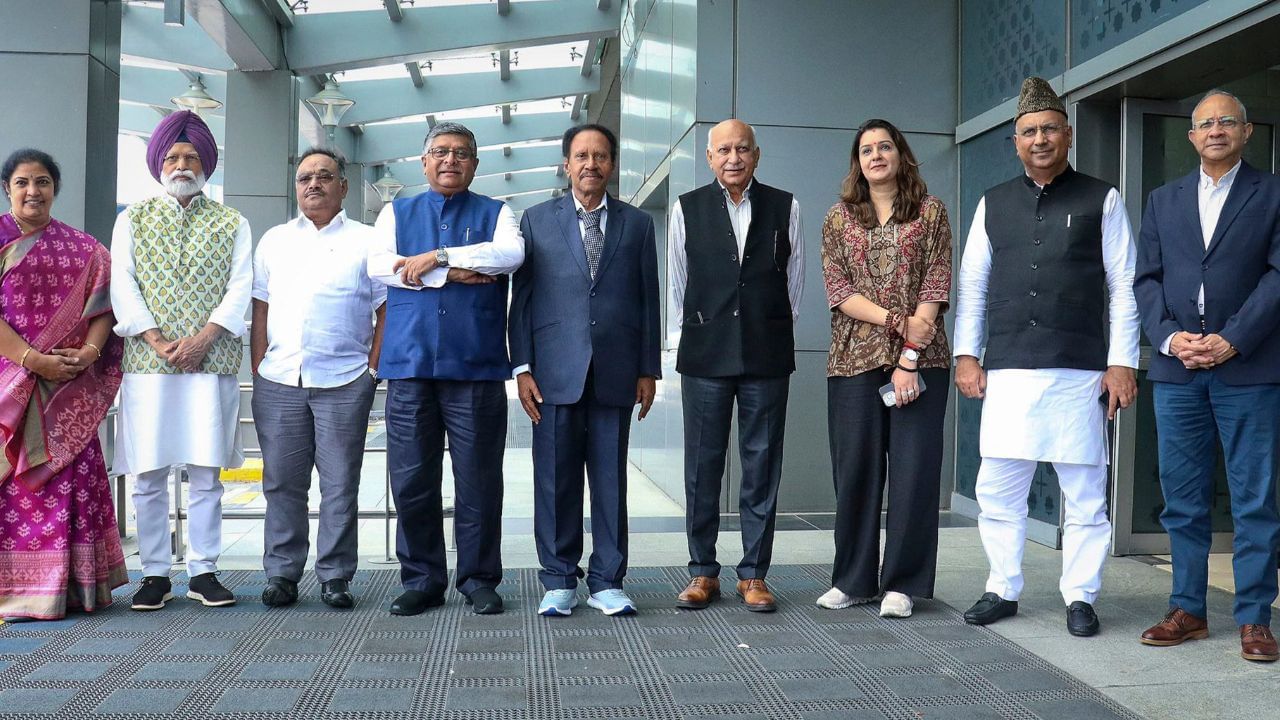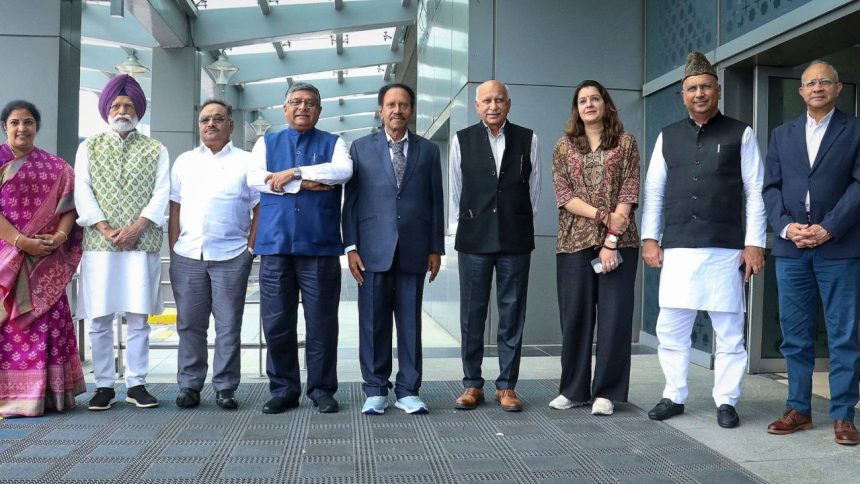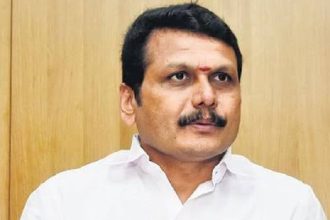
New Delhi: India has launched a major global diplomatic outreach through seven all-party parliamentary delegations visiting 33 countries to highlight its zero-tolerance policy on terrorism after the deadly Pahalgam terror attack that claimed 26 lives on April 22.
In New York, Congress MP Shashi Tharoor, leading one such delegation en route to Guyana, said India now has a new approach to cross-border terrorism and those involved “will not go unpunished.” Speaking at a community event, Tharoor stressed, “This has to be the new norm. Anyone sitting in Pakistan thinking they can cross the border and kill Indian citizens with impunity will face consequences.”
The delegation also visited the 9/11 Memorial in solidarity with victims of global terrorism. In Guyana, the group received a warm welcome, with the Indian embassy affirming the visit was a reaffirmation of India’s resolve to combat terrorism.
India’s message in Bahrain
Simultaneously, in Bahrain, another delegation led by BJP MP Baijayant Jay Panda met top leaders including Deputy Prime Minister Shaikh Khalid bin Abdulla Al Khalifa. The Indian side underscored New Delhi’s unwavering stand against terror and also engaged in a session at the King Hamad Global Centre for Coexistence and Tolerance. AIMIM’s Asaduddin Owaisi, part of the Bahrain delegation, said India’s outreach aims to inform the world of the threat it faces. He drew parallels between Pakistani-backed terrorists and ISIS ideology.
Global push against terrorism
Other delegations visited Qatar, South Korea, and Slovenia. In Qatar, NCP MP Supriya Sule led talks with Qatari MPs and media, finding alignment on a global condemnation of terror. In South Korea, JD(U) MP Sanjay Jha’s team detailed “Operation Sindoor” and reiterated th at dialogue with Pakistan is impossible amid ongoing terrorism. TMC’s Abhishek Banerjee said discussions also covered regional stability and multilateral cooperation.
DMK MP Kanimozhi led the delegation to Slovenia, where the diaspora was urged to act as a “force multiplier” in shaping global opinion.
External Affairs Minister S Jaishankar praised the delegations, saying they represent “India’s united voice against terrorism.”
India-Pak tensions
Tensions between India and Pakistan rose after the Pahalgam terror attack. In response, India launched Operation Sindoor and carried out targeted strikes on terror camps in Pakistan and Pakistan-occupied Kashmir on May 7. Pakistan then tried to hit Indian military bases on May 8, 9, and 10. India gave a strong reply to these attacks. The fighting on the ground stopped after both countries’ military heads spoke on May 10 and agreed to end the military actions.










